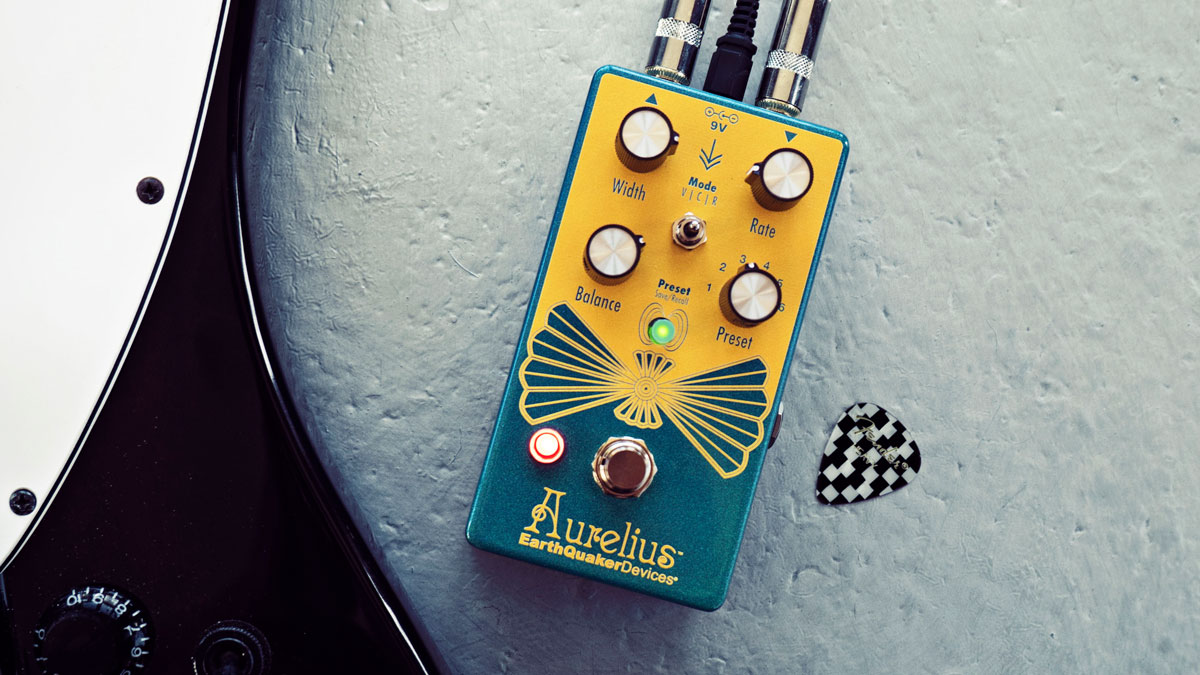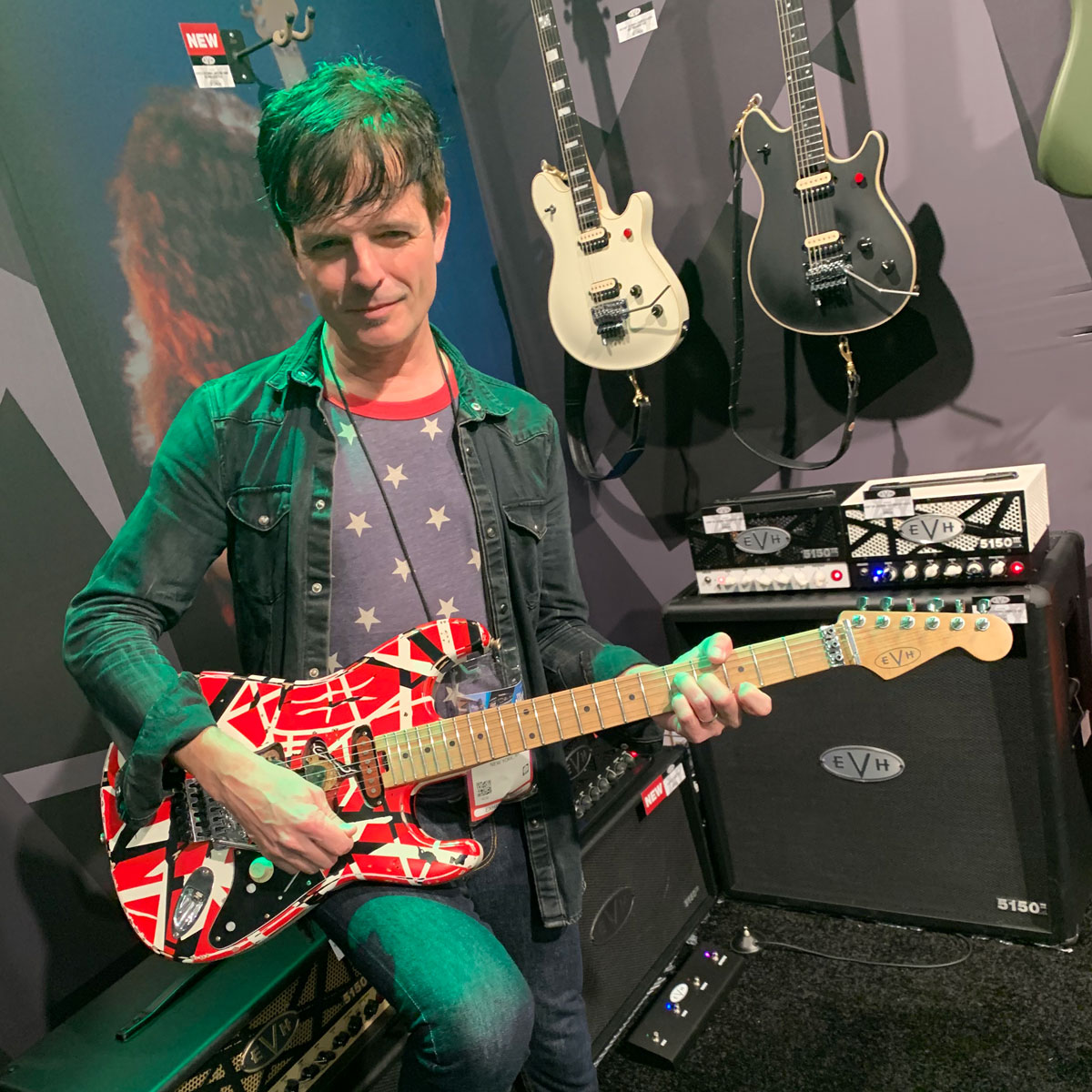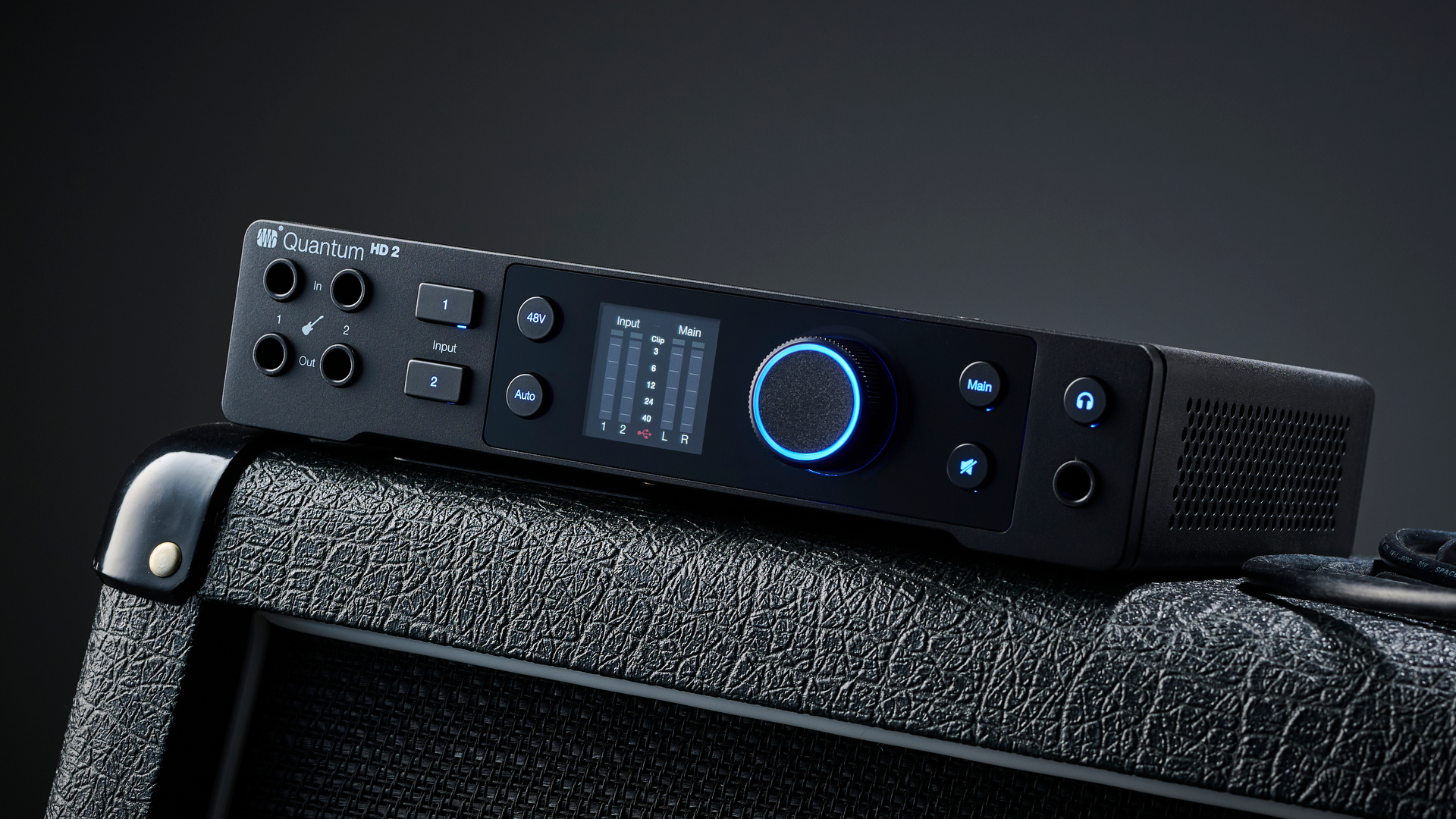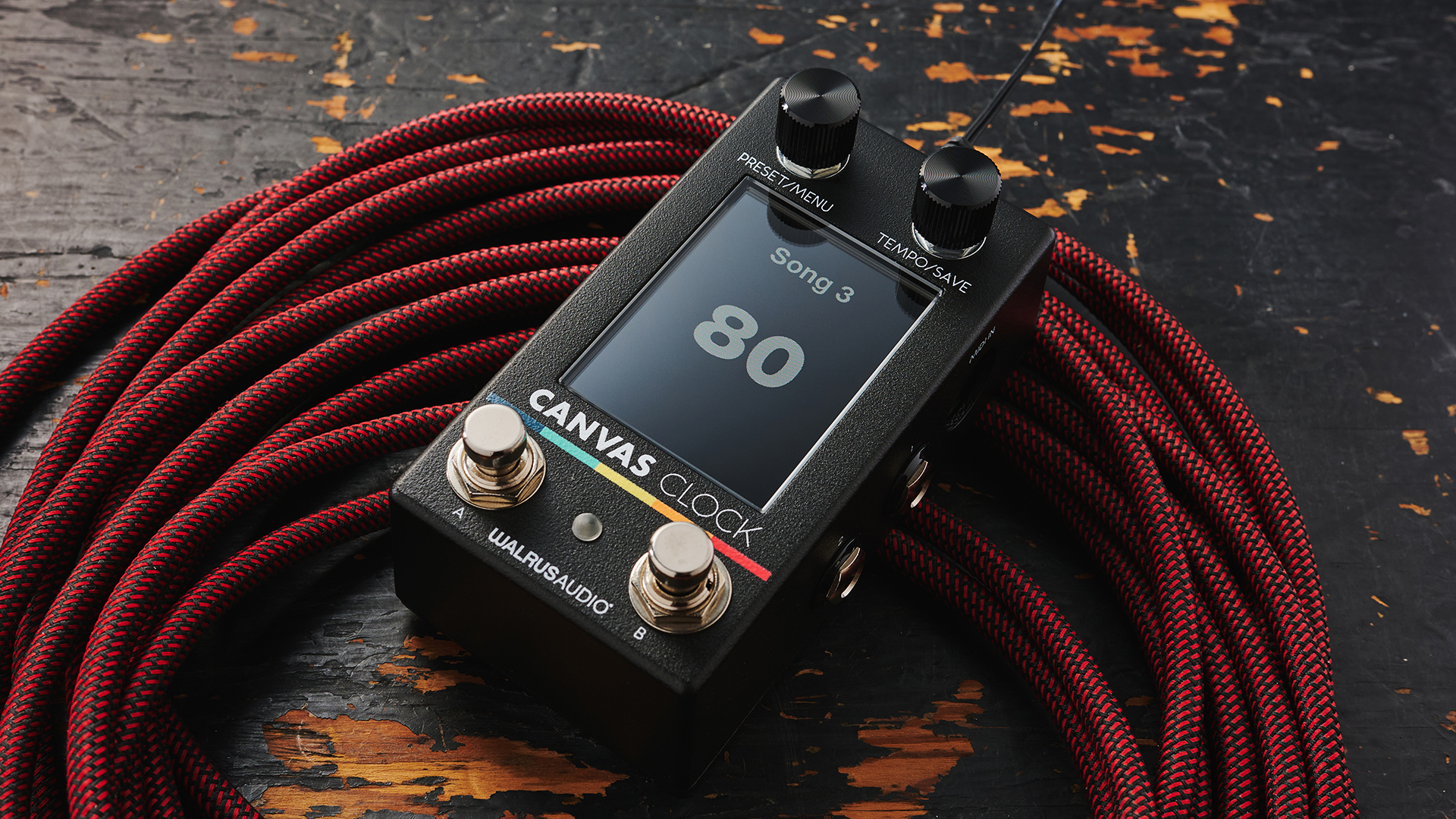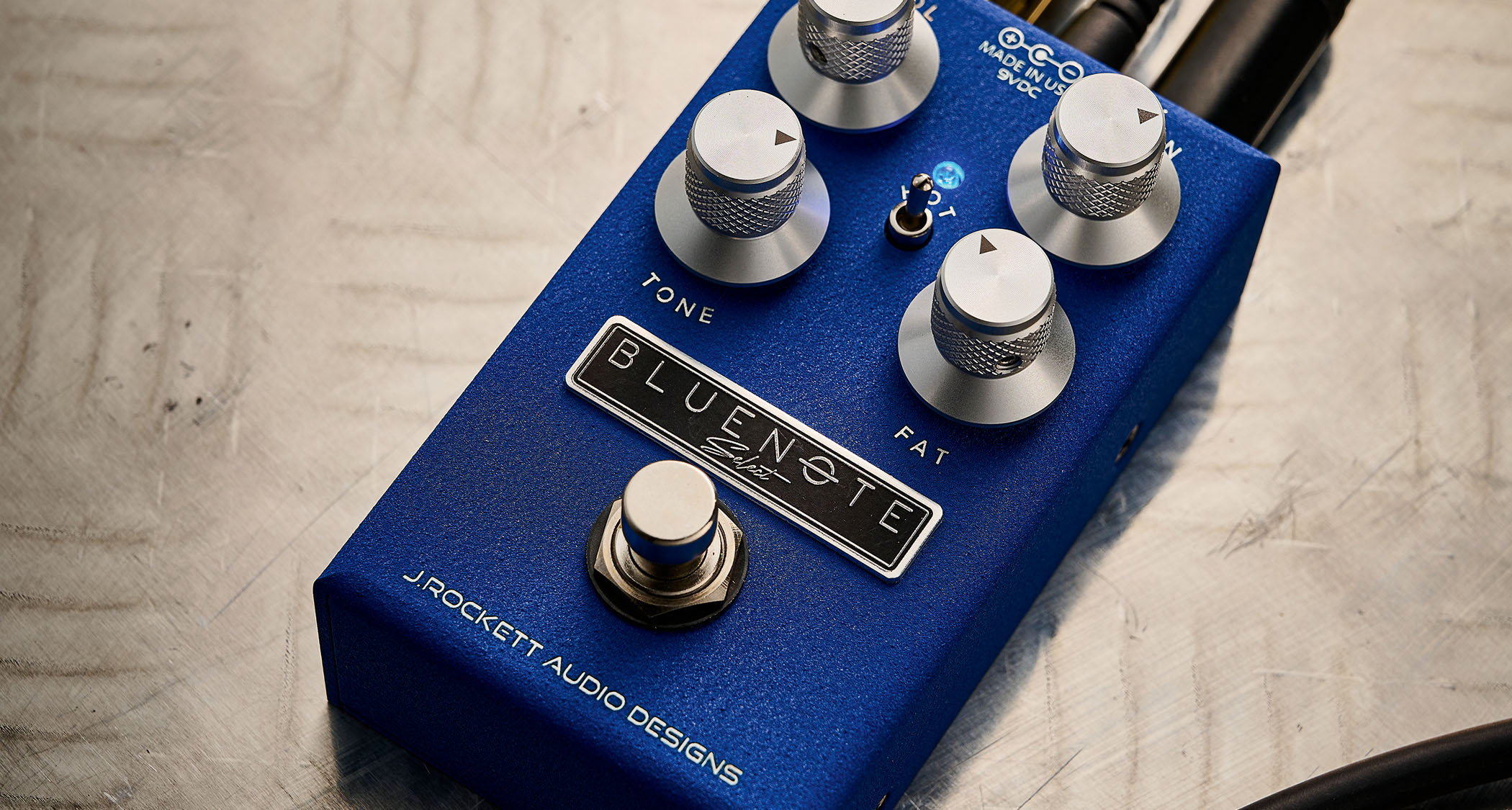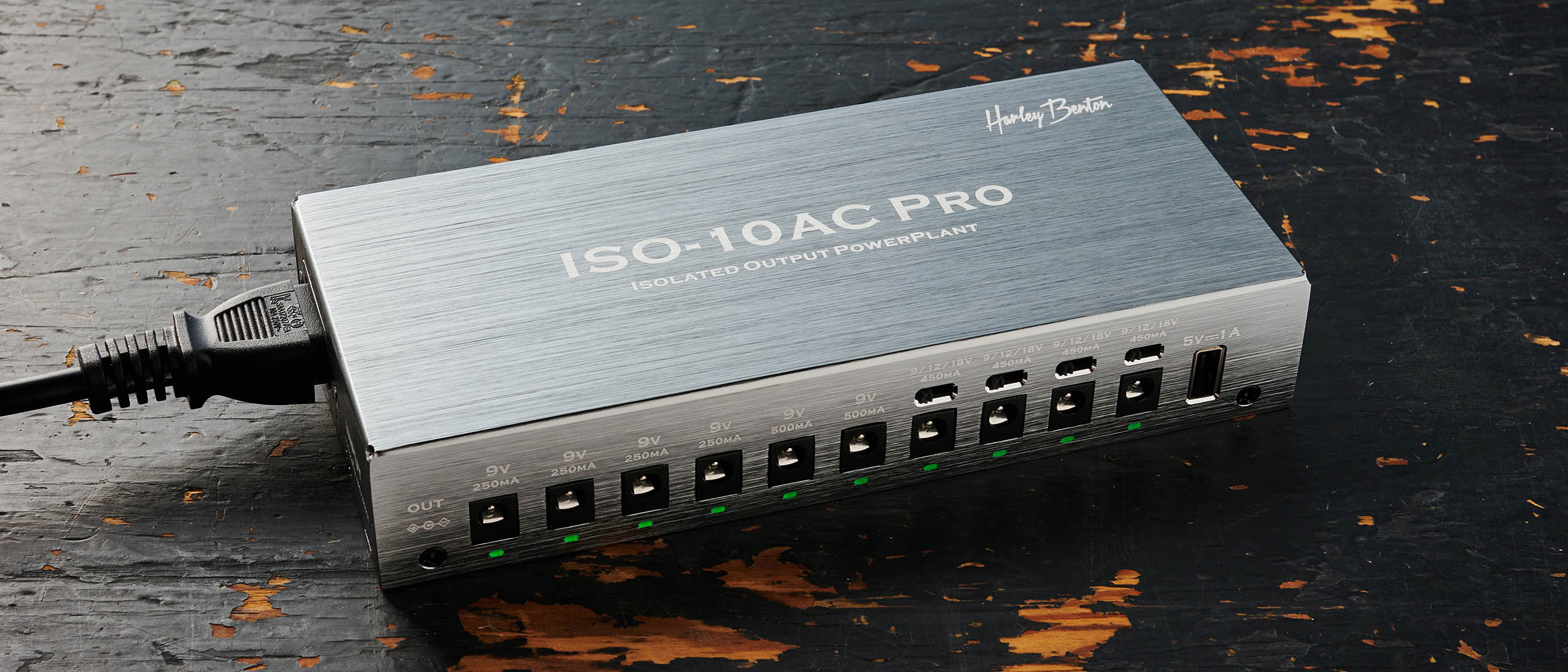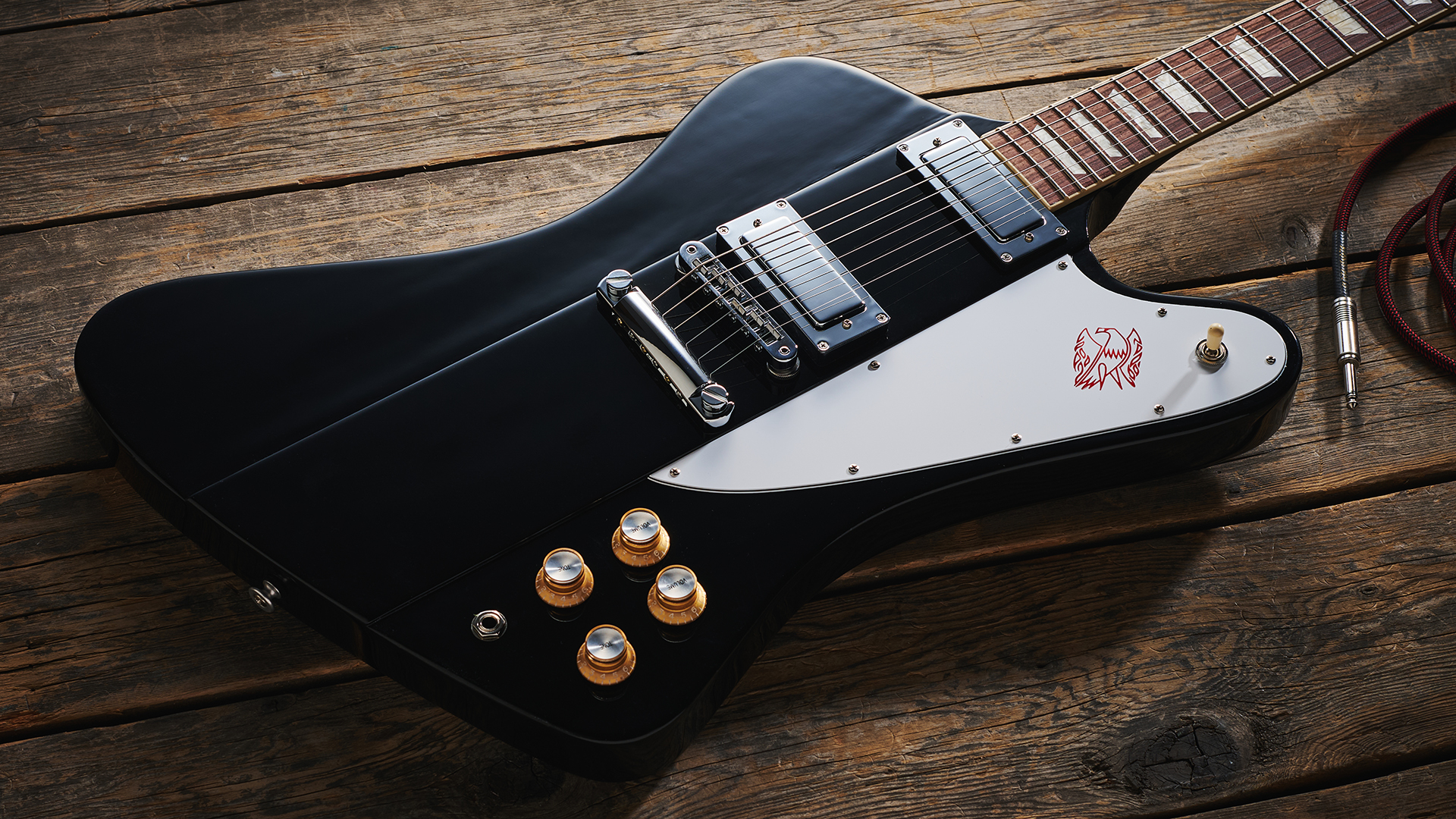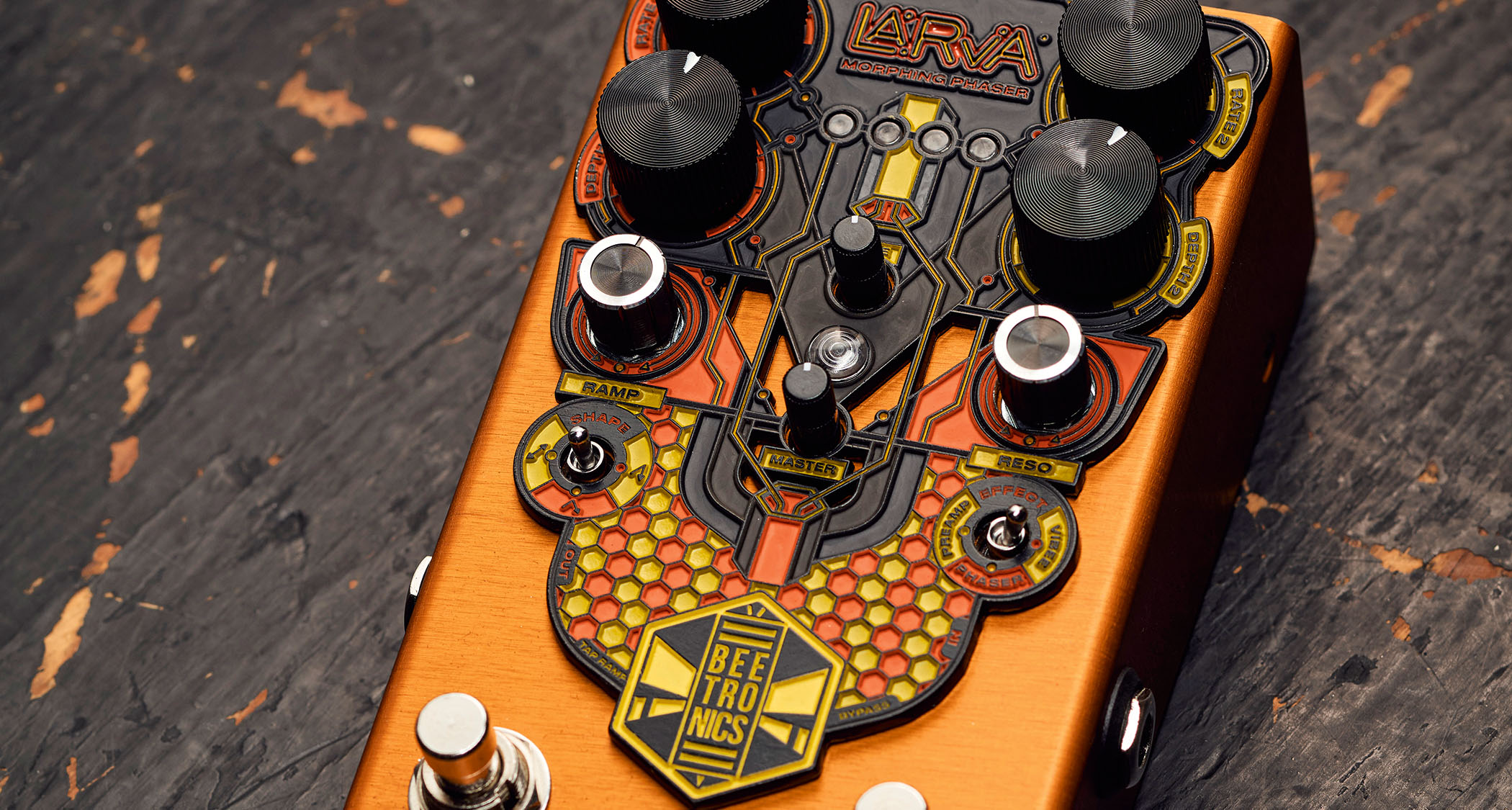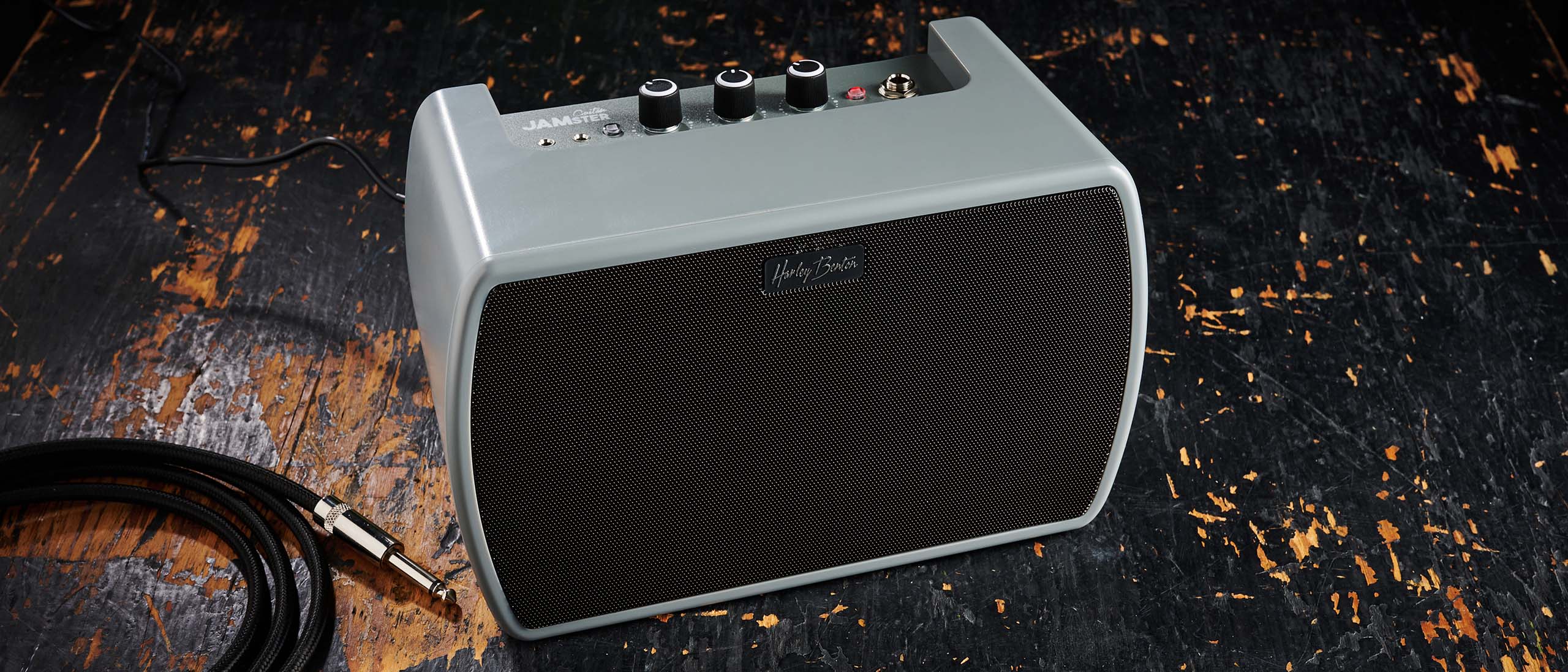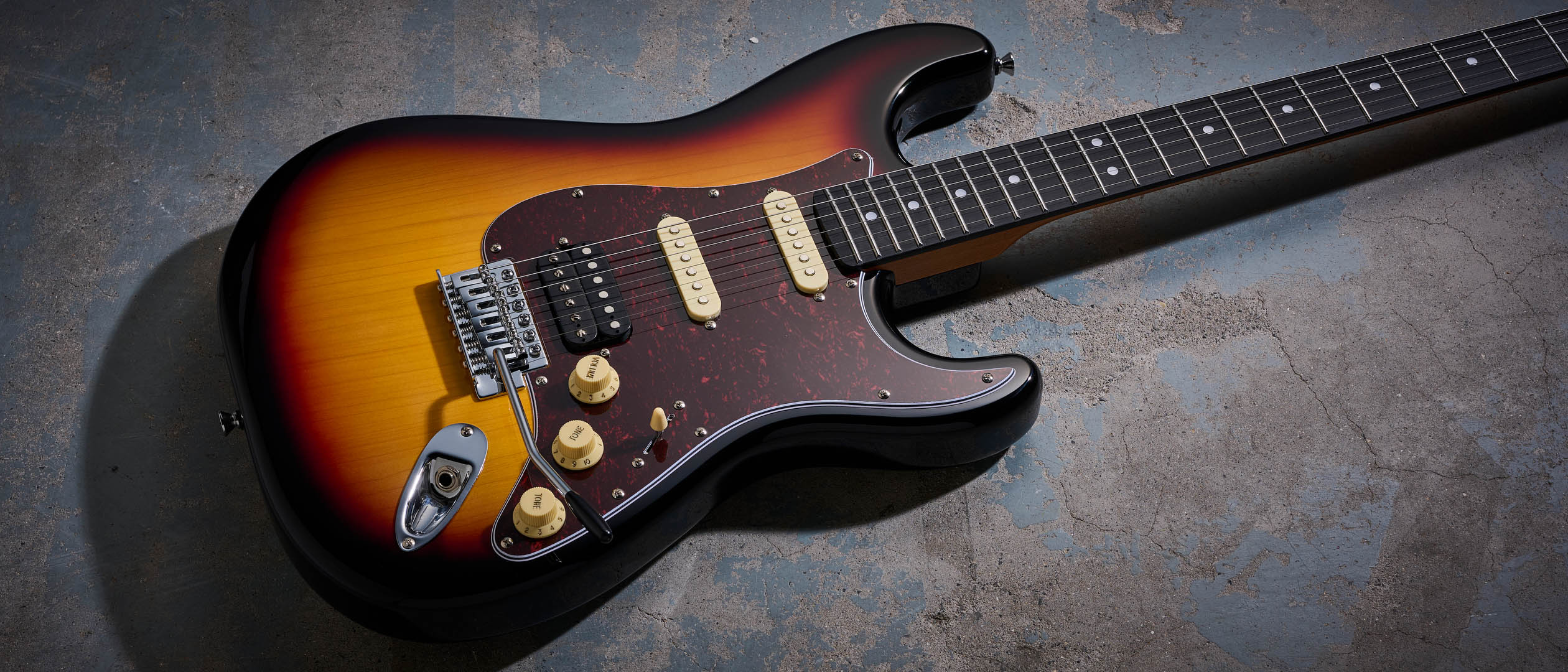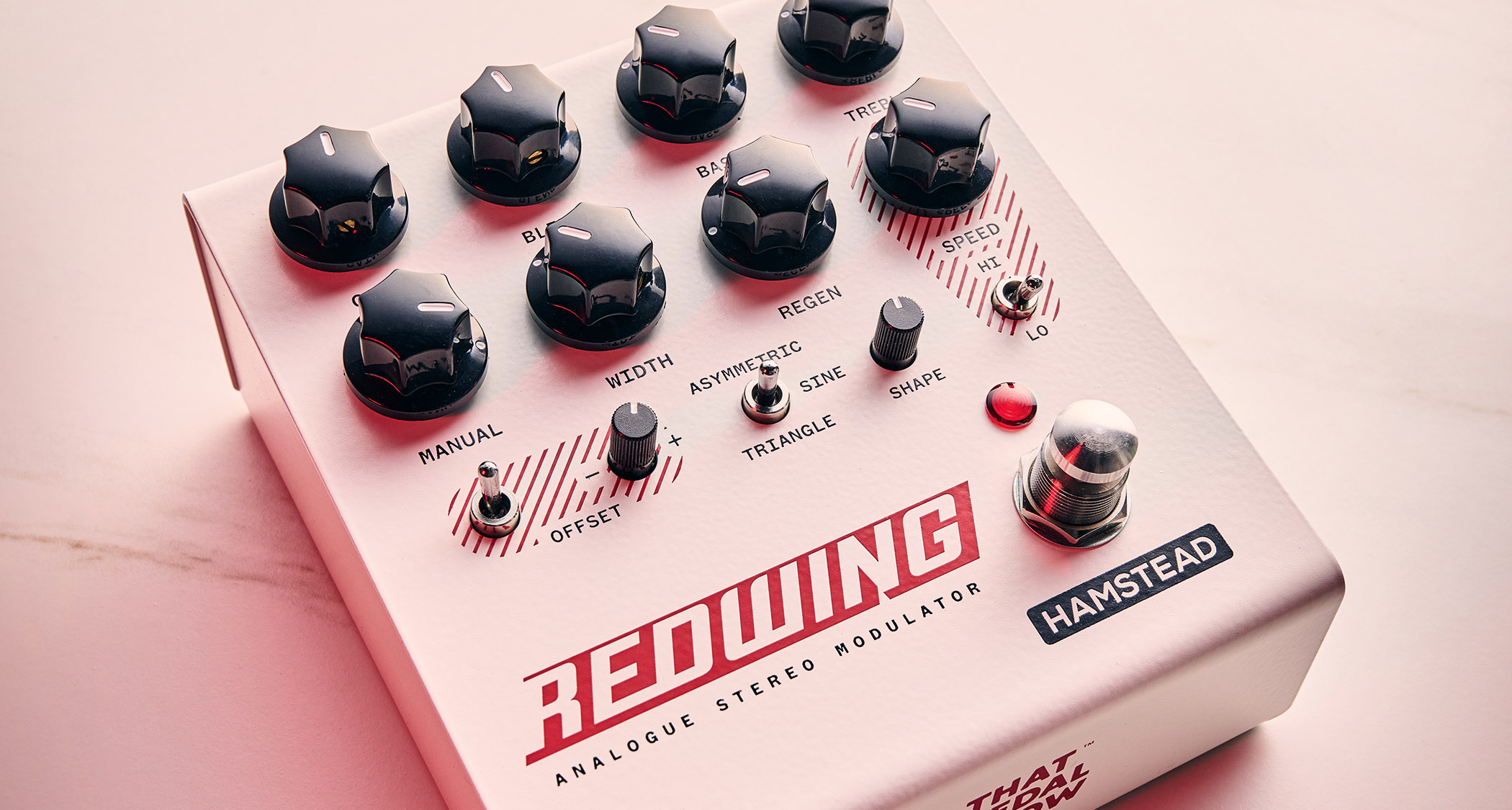Guitar World Verdict
This is a lot of chorus pedal for not much footprint, with three modes, presets, and a warm, comforting sound that might even convince you it is analog.
Pros
- +
Three modes makes for a lot of modulation options.
- +
Good design and unfussy layout.
- +
Six user presets.
- +
Flexi-Switch tech.
- +
Compact.
Cons
- -
No stereo operation.
You can trust Guitar World
It's not enough to be solely a chorus pedal anymore. It’s been some time since EarthQuaker Devices released their Sea Machine Super Chorus with six knobs to keep you fully immersed in modulated waters.
And sure, there are many other lone chorus stompboxes out in the wild that are capably adequate. But for players who demand their chorus to be multifaceted as well as plush sounding, EarthQuaker Devices has introduced the Aurelius Tri-Voice Chorus.
The Aurelius offers three modes of sweeping digital effect modulations in the form of Vibrato, Chorus and Rotary; best of all, this divine trinity of chorused goodness can be saved and recalled via six user presets from the pedal and so much more.
Rather than jam a bunch of controls on its face, EQD keeps it economically spacious with a mini-toggle Mode selector for its Vibrato, Chorus and Rotary voices, a six-position Preset rotary knob, Save/Recall LED button (to access and save presets) and Width, Rate and Balance knobs to finely tailor any and all warble and wobble. You can also assign the Width, Rate or Balance control to an expression pedal via the pedal’s side-mounted TRS jack.
The pedal also features EQD’s Flexi-Switch technology for relay-based, true bypass switching to simultaneously use momentary and latching-style switching. So, for example, you can switch between the pedal’s current setting and a chosen preset by simply holding the footswitch. Finally, the Aurelius features input/output jacks (sorry, no stereo option) and a standard 9VDC center negative power input.
EQD claims the Aurelius is inspired by the ’70s Boss CE-1 Chorus Ensemble pedal, and for those who know how bulky that legendary unit is, it’s nice to see how the Aurelius packs its comprehensive chorus emulations in EQD’s traditional compact chassis despite it not employing old-school BBD tech.
Regardless, the Aurelius is still a warm-sounding chorus that’s richly textured and comes damn close to sounding analog. Because of its three voices, the Balance, Width and Rate controls take on different roles depending on which mode is active.
For instance, in Vibrato mode, the Balance control blends the amount of modulation to the dry signal, where I was able to tame the effect’s seasick wobble. But by increasing the speed of the Rate’s LFO and pulling back on the Width, I achieved a lovely warble in this chorused vibrato mode.

On the other hand, in Chorus mode, when the Balance knob is pushed to extremes, a pronounced flanging effect emerges, so, for lush chorusing, Balance sounds best just below the noon position. I dug the rise and fall of Rotary mode more for its faster Leslie-like pulse rather than its slower sweeps, but it could be that I’m missing the stereo effect here.
Either way, the Aurelius is a warm blanket of chorused modulations that sound sweetly familiar, and having the option to store six of them is more chorusing than I will ever need.
Specs
- PRICE: $199
- TYPE: Chorus pedal
- ORIGIN: USA
- CONTROLS: Mode toggle switch, preset button, Width, Balance, Rate, Preset
- FEATURES: Chorus, vibrato and Rotary modes, Six presets, Flexi-switch tech, expression pedal input
- POWER: 9V DC center negative, drawing 75 mA
- BYPASS: True bypass
- CONTACT: EarthQuaker Devices
Paul Riario has been the tech/gear editor and online video presence for Guitar World for over 25 years. Paul is one of the few gear editors who has actually played and owned nearly all the original gear that most guitarists wax poetically about, and has survived this long by knowing every useless musical tidbit of classic rock, new wave, hair metal, grunge, and alternative genres. When Paul is not riding his road bike at any given moment, he remains a working musician, playing in two bands called SuperTrans Am and Radio Nashville.
